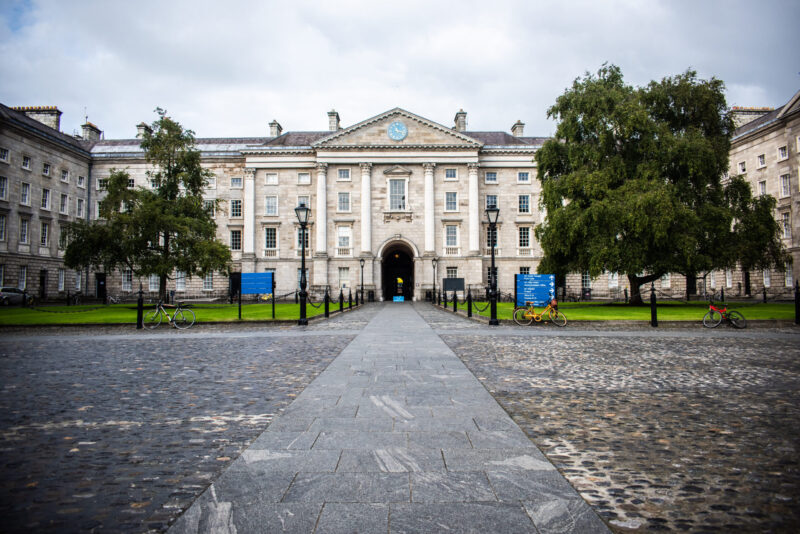It is disheartening to learn of the disqualification of Prof Sarah Alyn-Stacey as a nominee for Trinity College Dublin Provost, not least because it contributes to the sense that major developments in the government are detached from the concerns of the student body and remain beyond our influence. Prof Alyn-Stacey has consistently voiced her support on behalf of student concerns and is a well-known advocate for postgraduate issues. As Dr Sean Barrett pointed out in his statement, “the democratic remedy for those who disapprove of a candidate in any election is to enter the election themselves or support one of the other candidates, rather than seek disqualification(s)”. She should at the very least have had the opportunity to campaign.
There are two criteria on which she ostensibly was deemed unqualified: “evidence of capacity for management and administration” as well as “evidence of leadership skills and of the ability to represent the College externally”. She has proven these qualities consistently, as I outline below.
As the founder and director of Trinity’s Centre for Medieval and Renaissance Studies (est. 1999), she has managed the Centre with excellent leadership and administrative expertise and has welcomed students from across the world to the conferences and seminars held under the aegis of the Centre. She was elected to the Académie de Savoie and stands as an ambassador to Trinity’s good name at an intellectual institution with broad reach in France, Italy and Switzerland. She was knighted by the French government for her contributions to her field of research, earning the Chevalier de l’ Ordre National du Mérite in 2017 (the second highest honour in France).
As an international postgraduate student, I would not be at Trinity without the guidance of Prof Alyn-Stacey. I cannot imagine a candidate for Provost with greater leadership skills and a proven capacity to represent College externally. As Postgraduate Supervisor of the Year (2018), Prof Alyn-Stacey’s excellent leadership has been formally recognised. Her rapport with other established academics, including at Oxford, Cambridge, and the Sorbonne, has enabled my attendance at international conferences that directly facilitated my career. Her countless peer-reviewed books and critical editions are held in libraries across the world (including at my alma mater, Reed College in Portland, Oregon, USA). In short, she is the reason why some of us chose Trinity in the first place.
Obviously, Prof Alyn-Stacey meets the prima facie criteria (“management and administrative skill” and “leadership skills and the ability to represent College externally”).
It is discouraging to observe such an obscure and antidemocratic decision, particularly as an international postgraduate student who has been so consistently inspired by Prof Alyn-Stacey. As for the three nominees the interview committee deemed eligible, I hope to hear from each an unequivocal repudiation of Prof Alyn-Stacey’s disqualification and the resulting disenfranchisement of the College electorate.
Alexandra Corey is a PhD Student in the French Department. Her open letter has been endorsed by 23 current Trinity postgraduates and two alumni of College.







